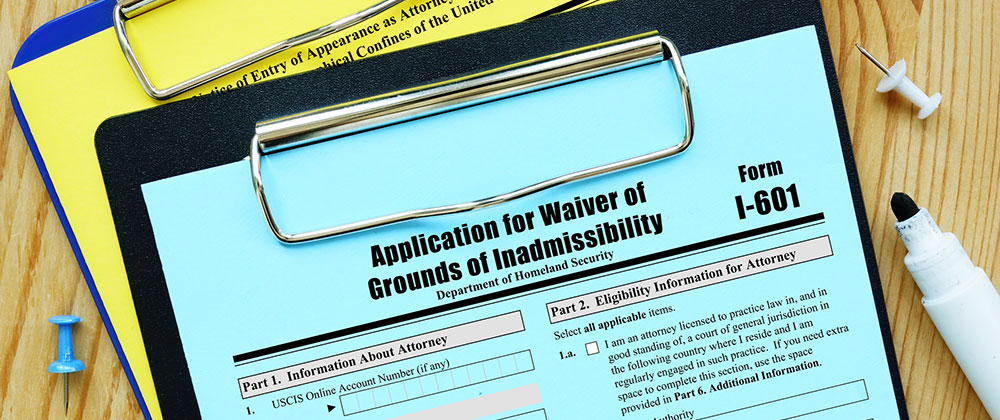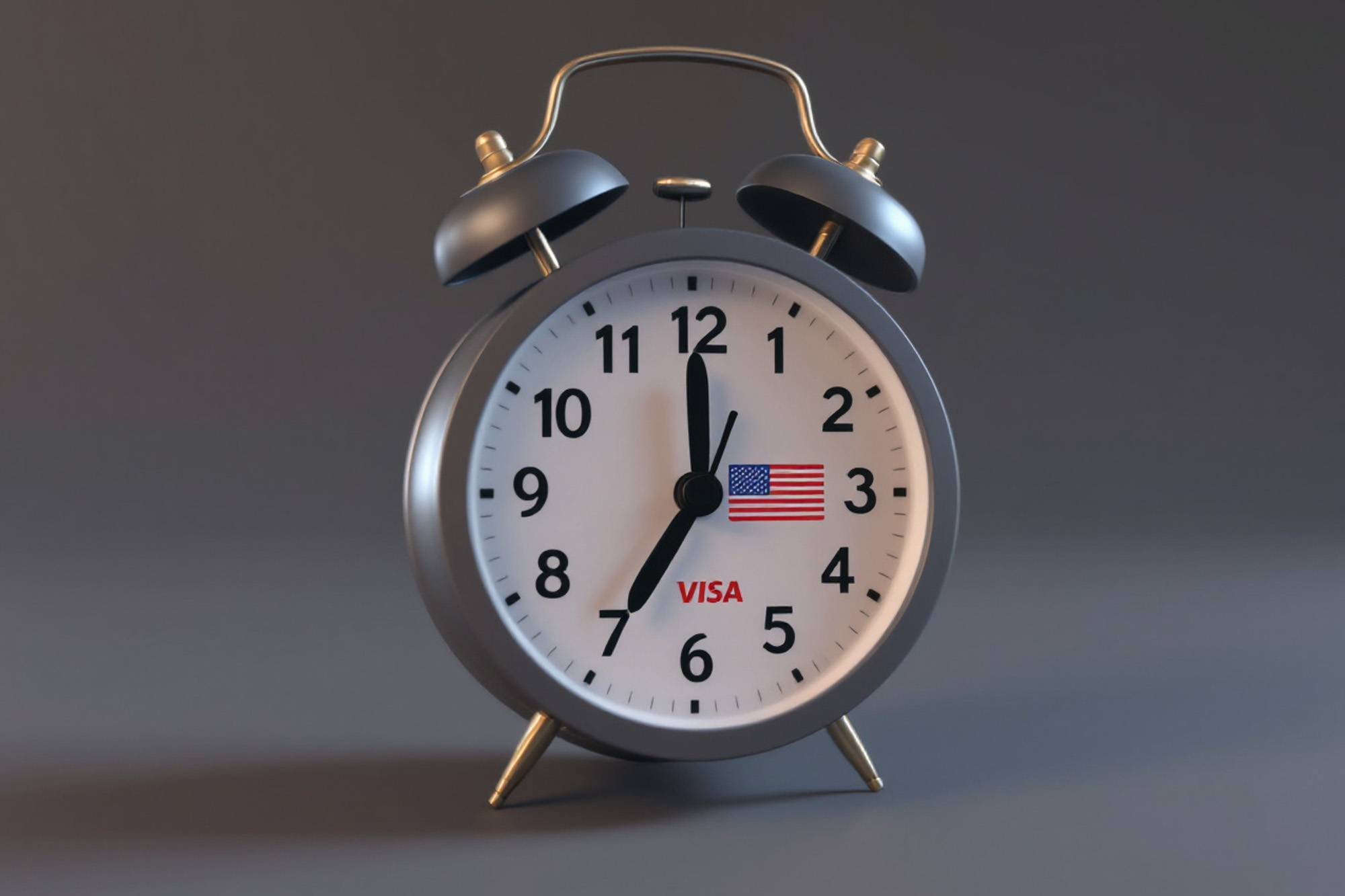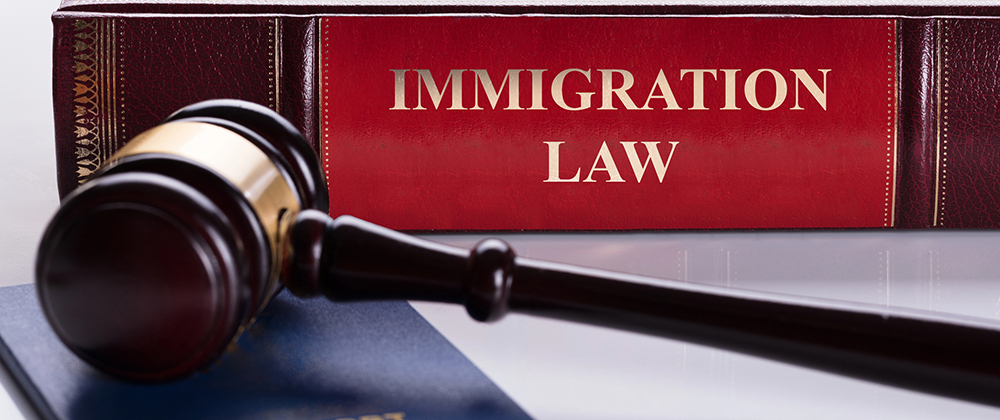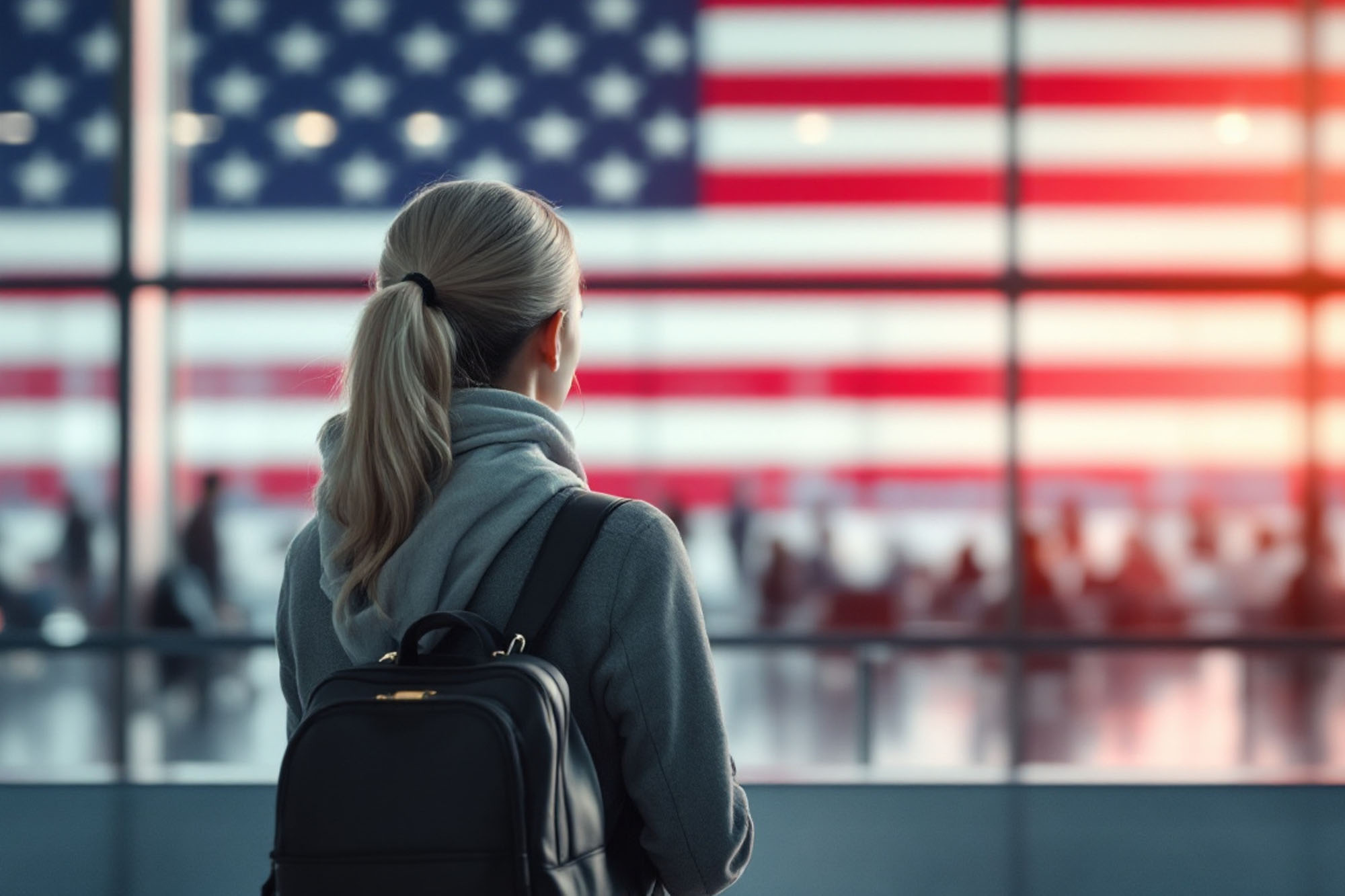Hiring a New York Provisional Waiver Lawyer
People who have been deemed inadmissible to the U.S. might be eligible for provisional waivers. These waivers are designed to prevent extreme hardship that might otherwise occur for the family members of inadmissible people if they were forced to move to the home country or if the inadmissible immigrant is forced to move to the home country alone. The provisional waiver is called an I-601A and is available on the U.S. Citizenship and Immigration Services’ website. Getting a provisional waiver petition approved can be difficult, making it important to retain an experienced New York provisional waiver lawyer at Oltarsh & Associates.
What Is the I-601a Waiver of Inadmissibility?
The I-601A waiver of inadmissibility allows immigrant visa applicants to apply for the U.S. government to waive a three- or 10-year ban on admissibility for being unlawfully present in the U.S. prior to leaving. Before this type of waiver was available in 2013, people had to go to a consular interview outside of the U.S. and risk being trapped without knowing whether their waiver might be approved or denied.
The provisional I-601A waiver is only available to people who have been deemed inadmissible based on unlawful presence in the U.S. People with other grounds of inadmissibility will instead need to use the traditional waiver process. Unlawful presence occurs when someone who is 18 or older unlawfully stays in the U.S. for 180 days or more. If the person remains for less than 365 days, he or she will be barred from re-entry for three years. If he or she stays for 365 days or longer, then he or she will face a 10-year bar to re-entry.
Provisional Vs. Traditional Waivers
People who have other grounds of inadmissibility cannot use the provisional waiver process. Instead, they will have to leave the U.S. and schedule an interview at a U.S. consulate to be found inadmissible. They will then have to apply for a traditional waiver from the USCIS by completing Form I-601. Even if they ultimately succeed, the traditional waiver process can be very lengthy. This can mean that families may be separated for a long time. If the traditional waiver application is denied, they will have to remain outside of the U.S. for three or 10 years before they can re-enter with any type of visa.
The provisional waiver process allows the immigrating family members of U.S. citizens to take steps in advance while remaining in the U.S. to try to prevent themselves from being trapped in another country for years. Once the initial petition is approved by the USCIS, the applicant will then receive information about the subsequent steps and processing fees. He or she will then need to tell the National Visa Center that he or she plans to submit a request for a provisional waiver to the USCIS.
Form I-601A must be submitted with the required fees and supporting documents. The USCIS will tell the National Visa Center if it approves the provisional waiver request.
If it is approved, the applicant will then be able to leave the U.S. for his or her consular interview without worrying about being trapped in another country.
If the USCIS denies the provisional waiver request, the immigrant can try again before his or her consular case is closed. If this happens, you should talk to an experienced New York immigration lawyer at Oltarsh & Associates for help.
Eligibility for the I-601a Provisional Waiver Process
To apply for a provisional waiver, you must be eligible to receive an immigrant visa and must be present in the U.S. when you submit your I-601A form. You must also be at least 17 or older and be otherwise admissible. Supporting evidence should be submitted showing that your U.S. citizen parent or spouse will suffer extreme hardship if your waiver request is not granted. You will also need to include documents showing that you meet each of the eligibility factors. A New York provisional waiver lawyer at Oltarsh & Associates can help explain the types of documents that might be needed.
What a New York Provisional Waiver Lawyer at Oltarsh & Associates Does during the Process
Applying for a provisional waiver of inadmissibility involves much more than simply filling out a form. Instead, your attorney will compile a picture of your family’s life and present different scenarios for what would occur if your waiver is denied. This will include information about the people who would suffer extreme hardship if your whole family had to move with you to your home country and what would happen to your loved ones if you were forced to move to your home country yourself.
To create a compelling narrative, your attorney will have to hold long meetings with both you and your U.S. citizen family members to learn whether they meet the basic qualifications for a waiver. Depending on what your attorney learns during the meetings, he or she might do some of the following things to prepare the waiver request properly:
- Ask you to bring in a specific list of photos and documents
- Review the documents and photos
- Research the conditions in your home country
- Make copies of U.S. governmental reports, news articles, and other evidence to support your claim of extreme hardship for your family members
- Get statements from doctors or other professionals about the relevant medical conditions of your U.S. citizen family member
- Prepare affidavits from relatives, friends, employers, teachers, and others who can attest to the facts you have presented
- Write a detailed narrative of why the evidence qualifies you for a provisional waiver
Talk to an Experienced New York Provisional Waiver Lawyer at Oltarsh & Associates
The attorneys at Oltarsh & Associates have substantial experience helping immigrants apply for and receive provisional waivers of inadmissibility. We understand how to present information in a way that helps the government understand the extreme hardships that would be created if our clients were forced to remain outside of the U.S. and separated from their families. Call us today to schedule a consultation at 212-944-9420.





